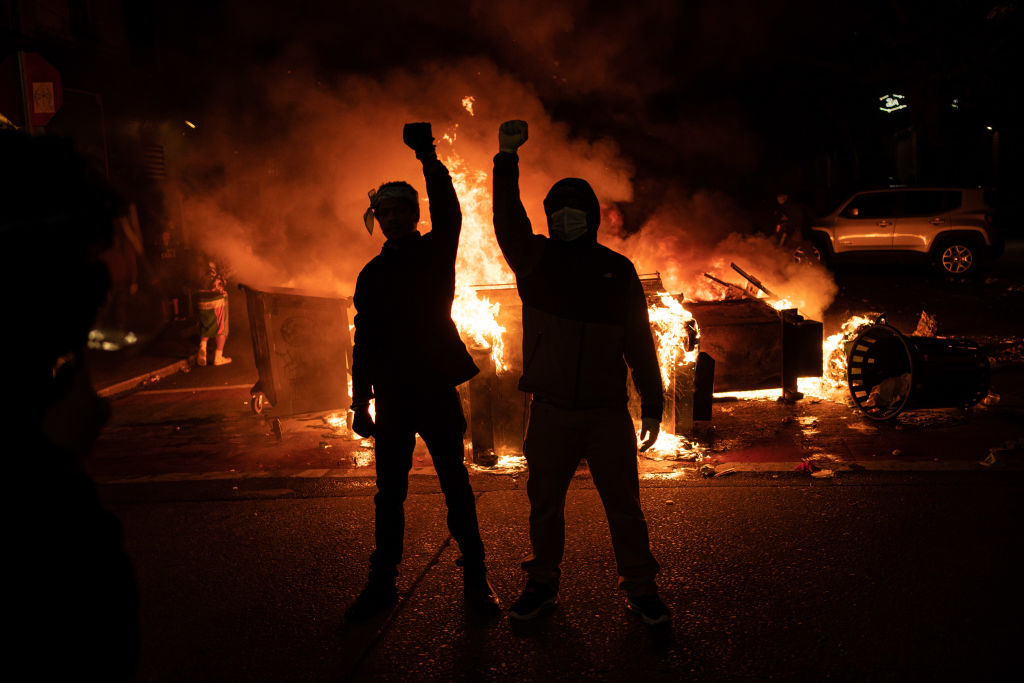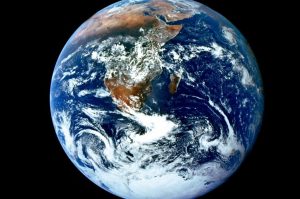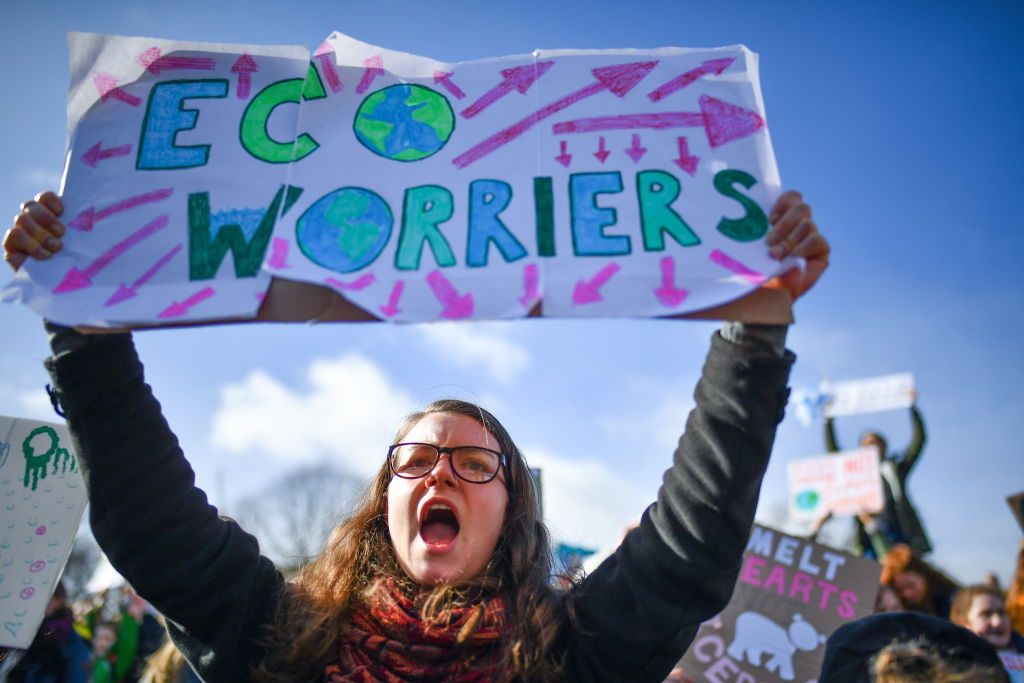In The Revolt of the Masses — first published in 1930 — José Ortega y Gasset proposed that the most important fact in the public life of Europe was “the accession of the masses to complete social power. As the masses, by definition, neither should nor can direct their own personal existence, and still less rule society in general, this fact means that actually Europe is suffering from the greatest crisis that can afflict peoples, nations and civilization.”
What Ortega did not live to witness is the ease with which the mass becomes a mob, or an aggregation of many and various mobs, by mental or emotional contagion similar to that of disease. This fact was left for the generations alive today to experience in the fulness of its reality.
The first quarter of the twenty-first century has provided us with exaggerated opportunities to do so, the mob impulse having vastly intensified, spread and established itself in the Western post-democratic psyche at a level of hysteria induced by federal, state and local governments’ response to the pandemic and the death of George Floyd in the spring of 2020. Covid lockdowns created a social pressure chamber whose release was explosive, while the response to Floyd’s killing was a violent eruption. Between them, these events created the requisite emotional conditions for the climate panic that is now ubiquitous, most especially in Western democratic societies and the Anglosphere. It is as if the mob mentality, which historically has sought some object on which to vent a floating, irrational and nihilistic anger, has infected susceptible portions of the mass, which are subsequently converted into mobs.
The issues that dominate today relate to race, personal “identity” and the transgender cause. Each one of these issues has the potential to engender a mob, the majority of them unrelated to politics at all but motivated instead by material greed and the search for thrill and excitement.
The readiness, even the eagerness, of establishment liberalism — whose contemporary spokesmen Ortega would have recognized instantly as perfect representations of the mass man — to tolerate, condone and excuse the many and proliferating occurrences of mob violence and defiantly destructive hysteria has been one of the most disturbing developments of the past three and a half years. This willingness to stand by, so to speak, as mobs that make the behavior of their Parisian forebears in the early 1790s seem almost restrained, demonstrates that while the mob is generally more extreme in its thinking and behavior than the mass, nevertheless the mass has its occasional uses for the mob, without needing to compromise itself, morally or politically, by organizing, aiming and directing it.
“Today,” Ortega thought, “we are witnessing the triumphs of a hyperdemocracy in which the mass acts directly, outside the law, imposing its aspirations and its desires by means of material pressure. It is a false interpretation of the new situation to say that the mass has grown tired of politics and handed over the exercise of it to specialized powers. Quite the contrary. That was democracy… I doubt whether there have been other periods in history in which the multitude has come to govern more directly than in our own.”
In The Revolt of the Masses, Ortega anticipated the social and political diagnosis of the contemporary French political philosopher Claude Polin, only recently deceased. Polin, who thought that in a democratic society every man feels himself a king (Huey Long, the demagogic Louisiana politician of the 1920s and Thirties, made the phrase the title of his autobiography), would have agreed with Ortega that the mass man considers himself deserving of all the privileges of the superior man — the aristocrat — while having none of his civilizing obligations. Thus, Ortega said, his morality is not of the amoral type, but rather the immoral one. “It is a negative morality which preserves the empty form of the other.” Far from being the representative of a new civilization struggling to replace a previous one, he is the outlier of the future anti-civilization: the phenomenon that has become our true environment today in place of the natural one that the particular contemporary mob that calls itself “environmentalist” claims to be trying to rescue and preserve.
This article was originally published in The Spectator’s October 2023 World edition.

























